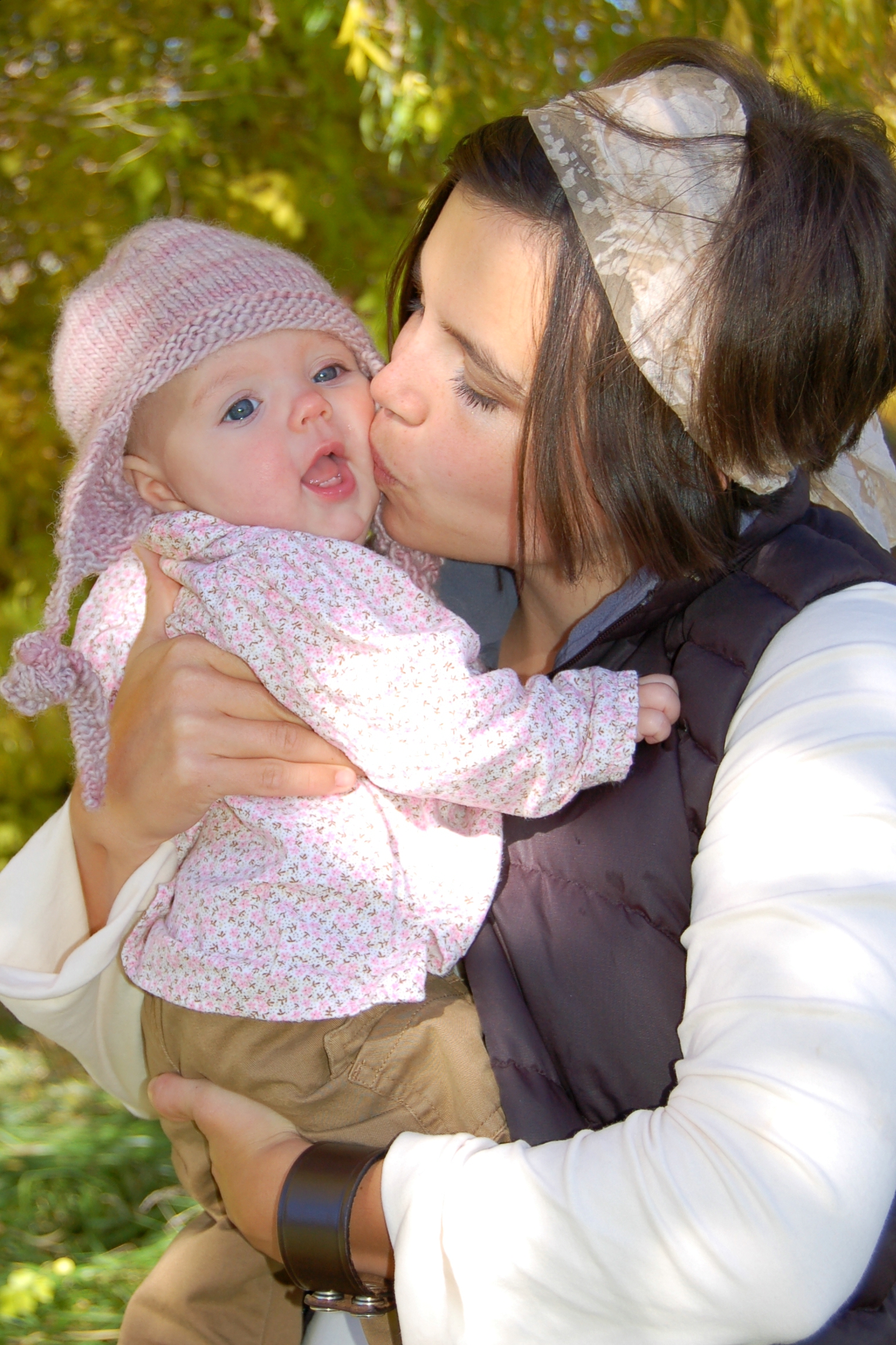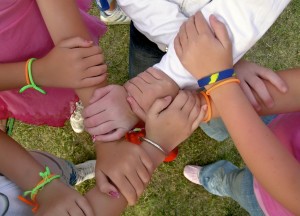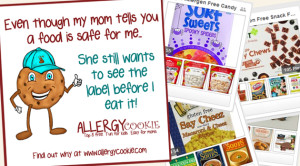 It’s not surprising that so many people in the world don’t understand allergies the way a parent of a child with a life threatening food allergy does.
It’s not surprising that so many people in the world don’t understand allergies the way a parent of a child with a life threatening food allergy does.
1. Food Allergies Are NOT “One-Size Fits All”
Food allergies are different for everyone. Some food allergies, most often referred to as sensitivities or intolerances, can actually can be managed by eating a little bit of the opposing food once in a while and cross contact isn’t much of an issue. While non life-threatening food allergies affecting the immune system do exist, IgE mediated severe food allergies are much more serious and even a trace amount or inhalation of the allergen can have fatal consequences.
Since non life-threatening food allergies and intolerances are also on the rise (and likely more common), it’s no wonder that people who don’t manage severe food allergies on a regular basis really don’t understand that a child with a life-threatening peanut allergy can’t just scrape the peanut butter off of a piece of celery and eat it. They’ve seen other people do this with other types of food allergies and it has seemed like a non-issue.
2. Food Allergies are Hard to Accept and Believe
Furthermore, it’s even harder to believe that merely touching a desk or pencil that some other child touched with peanut butter on their hands could actually pose a life-threatening risk to a child with a peanut allergy or that inhaling melted cheese in the air could pose a risk to a child with a life-threatening milk allergy. Especially when some children with food allergies to the same type of food don’t experience the allergy with enough severity for the parent to worry about this type of exposure. Remember your own denial when you first learned about these serious risks?
So why does one kid have to restrict food brought into the classroom while another kid with the same type of allergy can just eat something different and still interact with the kids who are eating the food to which he is allergic?
3. Different Perspectives
A food allergy parent knows and understands the answer to this question but a non-allergy parent does not. Still, can you blame them? Other parents don’t make it their personal mission to study out the science of food allergies and they shouldn’t have to. They have their own issues they are dealing with. Maybe for them it’s a child with diabetes or ADHD. Or maybe their children are perfectly healthy but they, themselves struggle with relationships or finances.
I remember when I built my first home in a neighborhood where everyone was building new homes and overhearing another homeowner talk about how absurd it was that a group of people came to visit her home and not a single person offered to take off their shoes. From my perspective, that wasn’t absurd at all. We didn’t take off our shoes in our own new home, let alone ask other people to do so either. But I didn’t have young kids at the time. She, on the other hand had a handful. I simply didn’t understand just how messy kids can be. Of course I knew that kids were messy, but until I experienced it first hand, it didn’t really know.
The point is, we are all coming from different perspectives and experiencing a different set of challenges in life. It may seem absurd to a parent dealing with food allergies that another parent would think the child could just “pick off” the part of the food they are allergic to, but it’s actually more absurd that anyone would expect someone else to understand their own challenges the way they do.
4. A Minority of Food Allergy Experts, a Majority of Experts at Something Else
Only 8% of children in the United States deal with food allergies. This means that 92% do not. A large majority of people do not have to deal with food allergies on a daily basis, and therefore, do not understand them the way people with allergies do. Furthermore, enough is changing about the way we treat, handle, and prevent food allergies that it’s hard enough for the people who do deal with allergies on a regular basis to keep up on the latest research, let alone those who are not “experts” in the field.
You wouldn’t expect your plumber to know how to perform heart surgery, would you? And you wouldn’t expect a heart surgeon to know how to fix every kind of plumbing problem or install a toilet. Then don’t expect someone without food allergies to be an expert on handling the safety of your food-allergic child. Instead…
5. Love, Be Patient, and Teach
When someone displays ignorance in regard to your child’s condition, don’t take offense. Instead, love them, be patient, then teach them what they need to know about your child’s specific risks to keep them save.
When someone appears to be in denial about the severity of your child’s allergies, don’t expect them to accept the gravity of the situation right away. Try to remember what it was like when your child was originally diagnosed… didn’t you experience some denial too? And you were the one directly dealing with it (most likely even saw a life-threatening reaction take place), yet you still went through a period of denial. You can be sure to expect that the denial that others will experience will be even greater than your own. Instead of expecting them to believe you right away, love them. Understand and acknowledge their denial. Be patient. And Teach. Teach, teach, teach.
6. Make Them Want To Listen
The more we take our offended energies and channel them into love and teaching with patience, the more educated people will become, making the world safer for our children. But the moment we start backbiting, accusing, and calling people ignorant, is the exact moment they will stop listening or wanting to understand and start labeling the food allergy minority overprotective and extreme.
So love, be patient and teach. Let people learn and accept in their own time. If you don’t feel like someone is getting it enough to keep your child safe, find someone else to help you care for your child. Put your child in an environment where she is safe right now and in the meantime: love, be patient, and teach!





